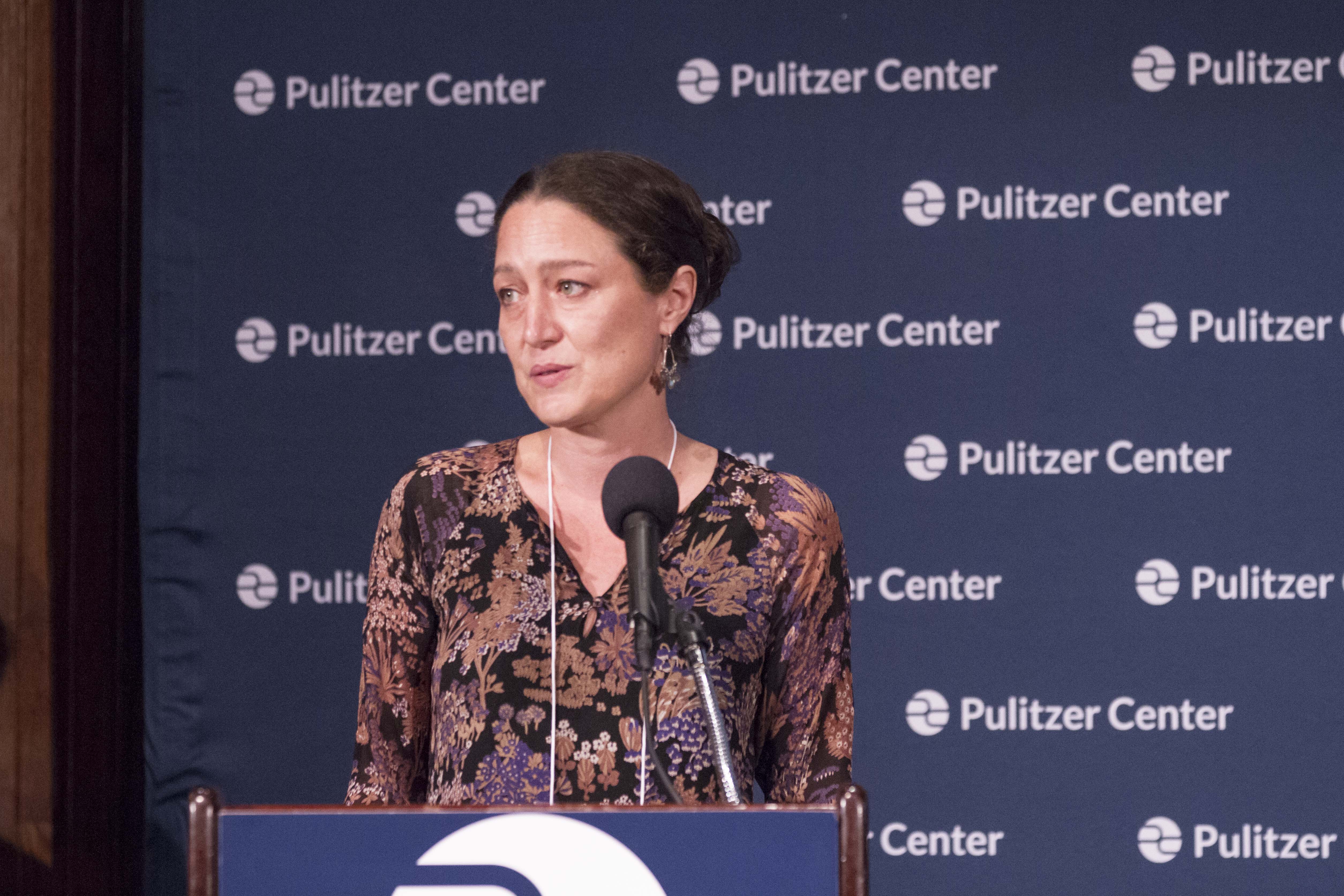Pulitzer Center Update June 7, 2018
Nathalie Applewhite Interviewed in PDN Online
Country:

Nearly a year and a half into Donald Trump's presidency, his effect on political and domestic news readership has been well-documented through the "Trump Bump" phenomenon. However, as Photo District News reports, the impact of the dramatic increased domestic focus has seen negative impacts international reporting, both through editorial support and readership.
Managing Director of the Pulitzer Center Nathalie Applewhite was one of three editors from independent organizations asked to offer her perspective on the current state of international reporting.
"I have heard from grantees who are reporting on humanitarian crises like South Sudan that unless there was a direct U.S., even Trump, angle, editors told them they wouldn’t run it," Applewhite told PDN.
Although the angle of the article zeroes in on President Trump's impact on journalism, Applewhite explained that the Pulitzer Center was created in over ten years ago because newspapers did not have the financial means or readership to support underreported international conflicts.
"That is now amplified by the constant news cycle we have with Trump. But that trend apparently started under Obama," Applewhite said. "Americans do not have a long history of following international issues in the same way people do in Europe, or most of the rest of the world. But we’re also not learning about global affairs when we’re kids so it’s logical that as adults we don’t have an appetite for those kinds of stories."
While preliminary evaluations may point the finger at Donald Trump, the epidemic facing international journalists has roots tracing back to our education system. Again, this is where the Pulitzer Center's work comes into play. Through the education department, teachers can access lesson plans and connect with international journalists to teach children the importance of sending journalists to cover foreign conflict.
As of 2018, the Pulitzer Center is financially supporting over 150 journalists to report internationally, and their work will continue to be published in outlets across the United States.

